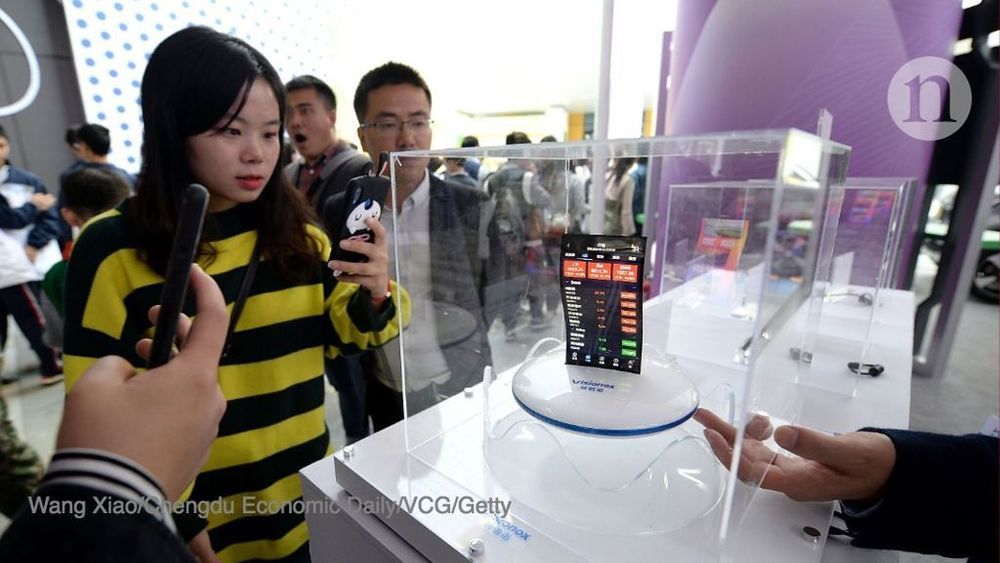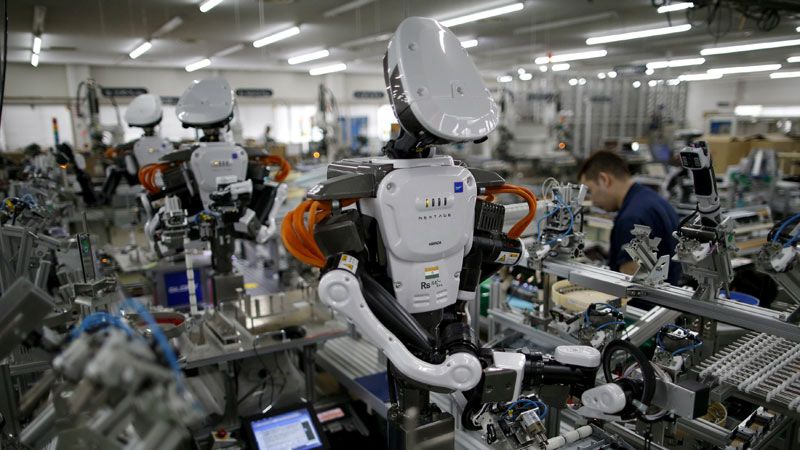NUI Galway will lead a new €13 million SFI Centre for Research Training in Genomics Data Science. The new Centre will train a generation of 100 highly skilled PhD graduates to harness the collective potential of genomics and data science to have transformative scientific, economic and societal impacts.
Announced recently by Minister Heather Humphreys TD Minister for Business, Enterprise, and Innovation, and Minister of State for Training, Skills, Innovation, Research and Development, John Halligan TD and Science Foundation Ireland, the Centre will be led by NUI Galway and will involve partners from UCD, TCD, RCSI and UCC.
A genome is an organisms complete set of DNA or genetic material and it contains all of the information needed to build and maintain that organism. Genomics is the branch of science that studies genomes to see how they direct the growth and function of cells and organisms and it is a key area of fundamental science with real-world impacts in areas from human health to agriculture and food production. In recent years the field of genomics has undergone a revolution, driven by new technologies that generate data on an enormous scale. In order to make sense of the large and complex datasets arising from analysis of genomes, we require highly trained data scientists, who can turn this data into useful information that can increase scientific understanding and enable us to harness the power of genomics to drive innovation and create real-world solutions.







